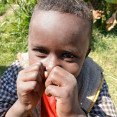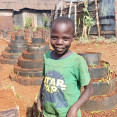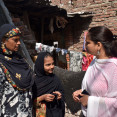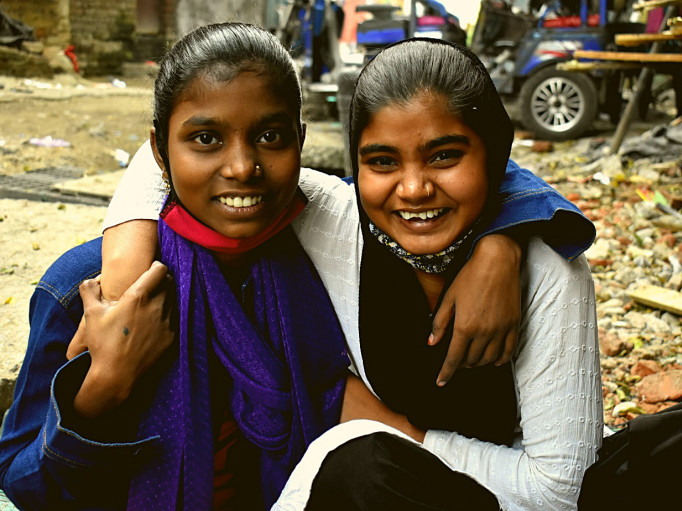
For young women and girls around the world, lack of access to sanitary supplies is more than just an inconvenience – it can be psychologically distressing and even dangerous to health. Sadly, it also has knock on effects to many other aspects of their daily lives, stopping them from reaching their full potential. Toybox’s partner in India, CHETNA have reported that a lack of access to adequate sanitary supplies is a major barrier to girls’ full participation in project activities, such as sports and life skills sessions and it affects their ability to concentrate on their studies. In a recent report, CHETNA explained how during the pandemic, when many families were left without any source of income, many of the girls they work alongside had no choice but to use whatever they could get hold of to manage their periods – many relied on rags - putting them at serious risk of infection.
“In many of the communities we work within Delhi, there is a widespread lack of knowledge and understanding about periods as well as a real stigma associated with having one. Menstruation continues to be seen as a ‘dirty’ biological occurrence and one which isn’t spoken about openly. As a result of the myths and superstitions surrounding the subject, many girls and women are not allowed to enter the kitchen and are forced to sleep on the floor during their periods. They are also not permitted to attend any religious functions, touch deities or handle any items of food at this time. Due to these widely held beliefs and practices, it is unsurprising that so many girls in India miss school when they are menstruating. Girls living or working on the streets in India lack access to clean water and toilets, forcing many to drop out of the education system especially when they reach puberty. For those already living a hand to mouth existence, the cost of sanitary products is completely prohibitive. Most poor and marginalised families push their girls to use rags as menstrual pads, or even at times, the leaves of certain plants, which means that many girls end up developing infections. The male dominated focus of households prevents girls and women from talking openly or seeking advice and support on menstruation and as a result, they end up suffering in silence.”
Smita Khanijow, Programme Manager for Africa and Asia
However, thanks to your ongoing support, CHETNA have been able to start addressing this serious healthcare concern by supplying sanitary kits, teaching the girls about managing their periods and running workshop sessions to dispel longstanding myths around menstruation. This support has been vital in ensuring that they are able to safely manage their periods - free of stigma or shame. Distributing these kits has also helped to raise awareness about menstrual hygiene in communities, helping to break the stigma attached to the issue.
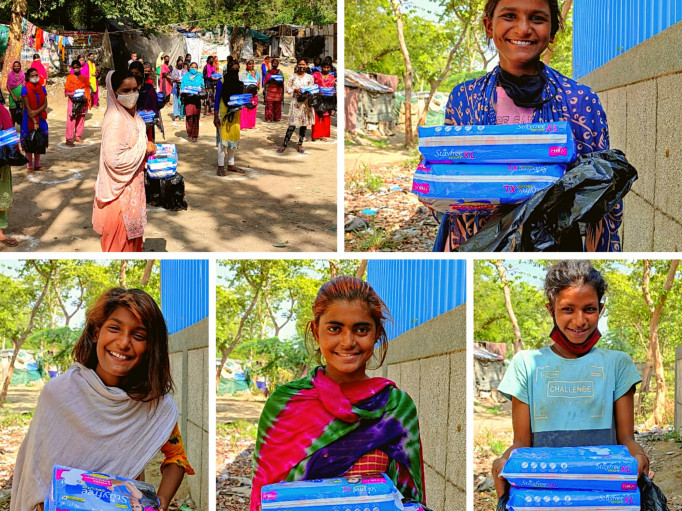
Teenagers Aditi and Kanci both attend a Toybox supported project in Delhi, which focuses on helping young people to develop life skills through sport and formal education. Since attending the project, the girls have received sanitary pads as well as other hygiene materials and stationery to support them with their studies. With the support of the project, they have also been able to teach their families about the importance of menstrual health.
Find out more:
Tune into episode 5 of our podcast, Stories from the Street, where we take a deeper look at the challenges faced by women and girls living on the streets in Delhi in accessing sanitary protection and clean and safe toilet facilities.
